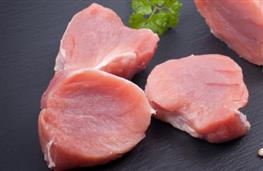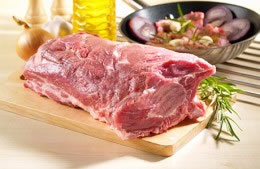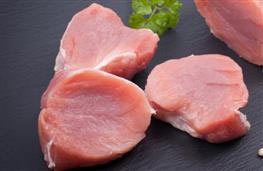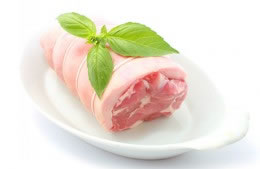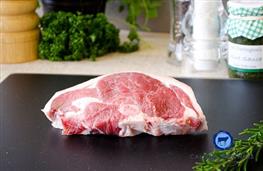Thiamin (B1)
Health benefits of Thiamin (B1):
Contributes to your heart function, energy creation and the maintenance of your mental and emotional state
The Worlds Science
See the bottom of this page for the ingredients highest in thiamin
What is thiamin?
Thiamin (also spelled thiamine) is a water-soluble B vitamin, previously known as vitamin B1 and was one of the first compounds to be identified as a vitamin.
Why does it matter to me?
What is thiamin?
Thiamin (also spelled thiamine) is a water-soluble B vitamin, previously known as vitamin B1 and was one of the first compounds to be identified as a vitamin.
Why does it matter to me?
- Thiamin contributes to the production of DNA and RNA which are vital for the effective function and replication of cells.
- Thiamin plays a critical role in the production of energy from food particularly carbohydrates1.
- Studies have shown that people over 50 with higher intakes of thiamin are less prone to cataracts2.
Thiamine and Neurological Function
Thiamine is vital to ensuring healthy neurological function.
Severe thiamine deficiency is rare because it is present in many foods, including legumes, pork and white fish such as trout.
However, even mild thiamine deficiency can give rise to cognitive dysfunction.
.
For example, mild thiamine deficiency has been associated with an increased likelihood of developing certain forms of dementia, such as Alzheimer’s disease.
For example, mild thiamine deficiency has been associated with an increased likelihood of developing certain forms of dementia, such as Alzheimer’s disease.
The most recent Cochrane review carried out a meta-analysis which concluded that this was a valid hypothesis. But also concluded that much more research was required to establish a causal link7.
How thiamin reacts with...
The activity of thiamin in the body is linked to niacin, riboflavin and alpha lipoic acid.
What if I don’t get enough?
Thiamin deficiency badly affects the cardiovascular, nervous, muscular and intestinal systems and is associated with Alzheimer's disease.
In poorer populations whose diets are high in processed carbohydrate (white rice), thiamin deficiency is common. In the west the primary cause of deficiency is alcoholism.
The disease beriberi resulting from thiamin deficiency is recorded as early as 2,600 BC in Chinese literature3,4,5.
Watch out for…
Individuals who exercise regularly, pregnant women, adolescents, people with malaria and people who are HIV positive need more thiamin than normal.
Some foods if regularly eaten react with thiamin stop it working and these include: raw shellfish, raw river fish and ferns.
Thiamin is lost when processing white flour and white rice.
You can also affect how much thiamin your body can absorb by consuming too much tea and coffee (including decaffeinated)6.
Some foods if regularly eaten react with thiamin stop it working and these include: raw shellfish, raw river fish and ferns.
Thiamin is lost when processing white flour and white rice.
You can also affect how much thiamin your body can absorb by consuming too much tea and coffee (including decaffeinated)6.
Review date: 2/9/2022
Next review date: 2/9/2023
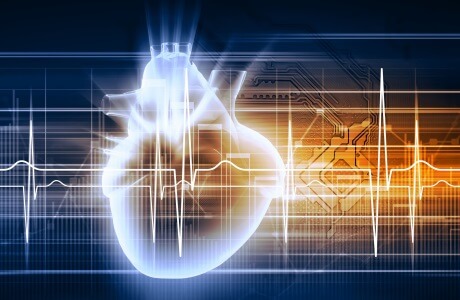
291
445
https://www.checkyourfood.com/content/blob/Micronutrients/top-foods-for-Thiamin-B1.jpg
Top 6 ingredients for Thiamin (B1) taking into account portion size and cooking retention factors
Filter ingredients by:

 About nutrients
About nutrients
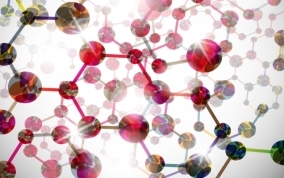 All nutrients
All nutrients
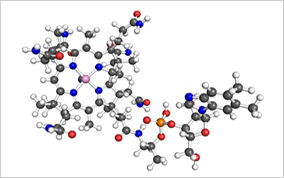 vitamins
vitamins
 minerals
minerals
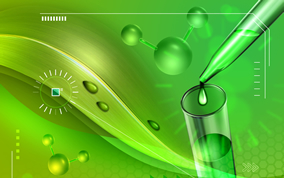 phytochemicals
phytochemicals
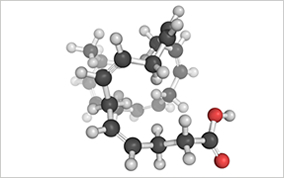 fatty acids
fatty acids
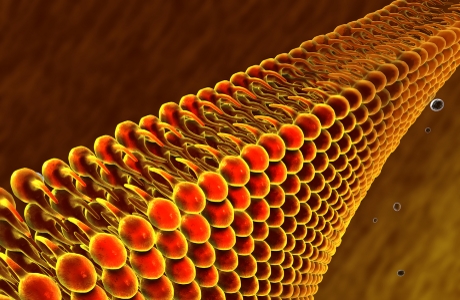 macronutrients
macronutrients
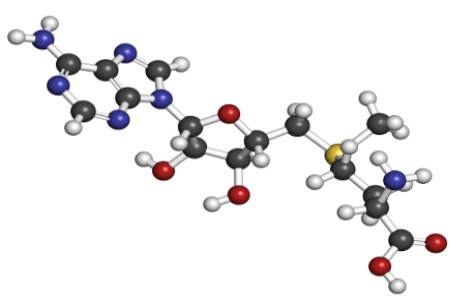 amino acids
amino acids
